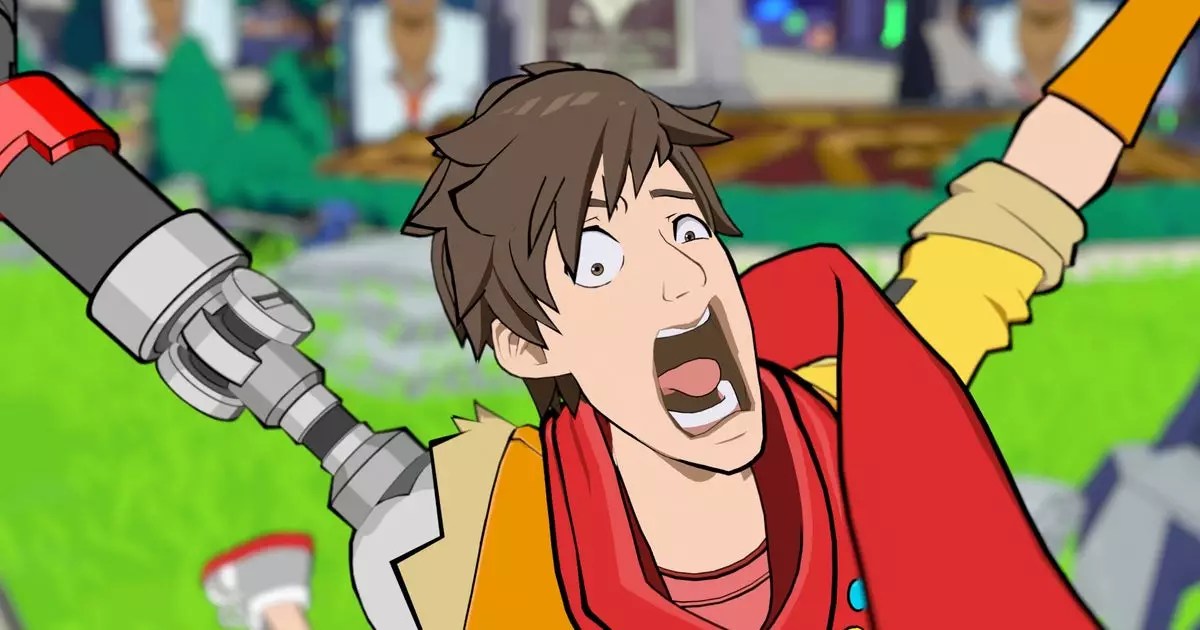The recent news of Microsoft shutting down Tango Gameworks, the creators of Hi-Fi Rush, has shed light on the ever-changing landscape of video game development. It seems that Matt Booty, head of Xbox Game Studios, is emphasizing the need for smaller games that can garner prestige and awards, a departure from the traditional blockbuster titles that dominate the industry. This shift in focus raises questions about the future direction of Microsoft’s gaming division and the industry as a whole.
Large video game publishers like Microsoft are known for their glacial changes in focus and ponderous shifts in strategy. Trends in the industry are cyclical, and corporations often find themselves revisiting decisions and projects that were once deemed unprofitable. The decision to close down studios like Tango Gameworks, Arkane Austin, and Mighty Dog Studios while consolidating others demonstrates a willingness to prioritize high-impact titles and invest in established blockbuster games. However, this move also raises concerns about the fate of innovative and smaller projects that may not fit into this new strategy.
The closure of Tango Gameworks and the fate of projects like Hi-Fi Rush 2 highlight the challenges faced by developers in the industry. Despite efforts to pitch new ideas and push creative boundaries, studios can find themselves at the mercy of corporate decisions that prioritize financial success over artistic innovation. The response from Hi-Fi Rush’s director, John Johanas, reflects the disappointment felt by many developers who pour their passion and creativity into their projects, only to see them shutdown for reasons beyond their control.
As video game publishers continue to evolve and adapt to changing market demands, the future of game development remains uncertain. The closure of studios like Tango Gameworks and the emphasis on blockbuster titles over smaller, innovative projects raise questions about the industry’s commitment to creativity and diversity. While success is important for any business, it is essential to strike a balance between financial viability and artistic integrity to ensure the longevity and diversity of the video game industry.
The closure of studios like Tango Gameworks serves as a reminder of the challenges faced by developers in an industry that is constantly evolving. The shift towards prioritizing high-impact titles may be a sound business strategy, but it is crucial to support and nurture creativity and innovation to ensure the continued growth and diversity of the video game industry.


Leave a Reply